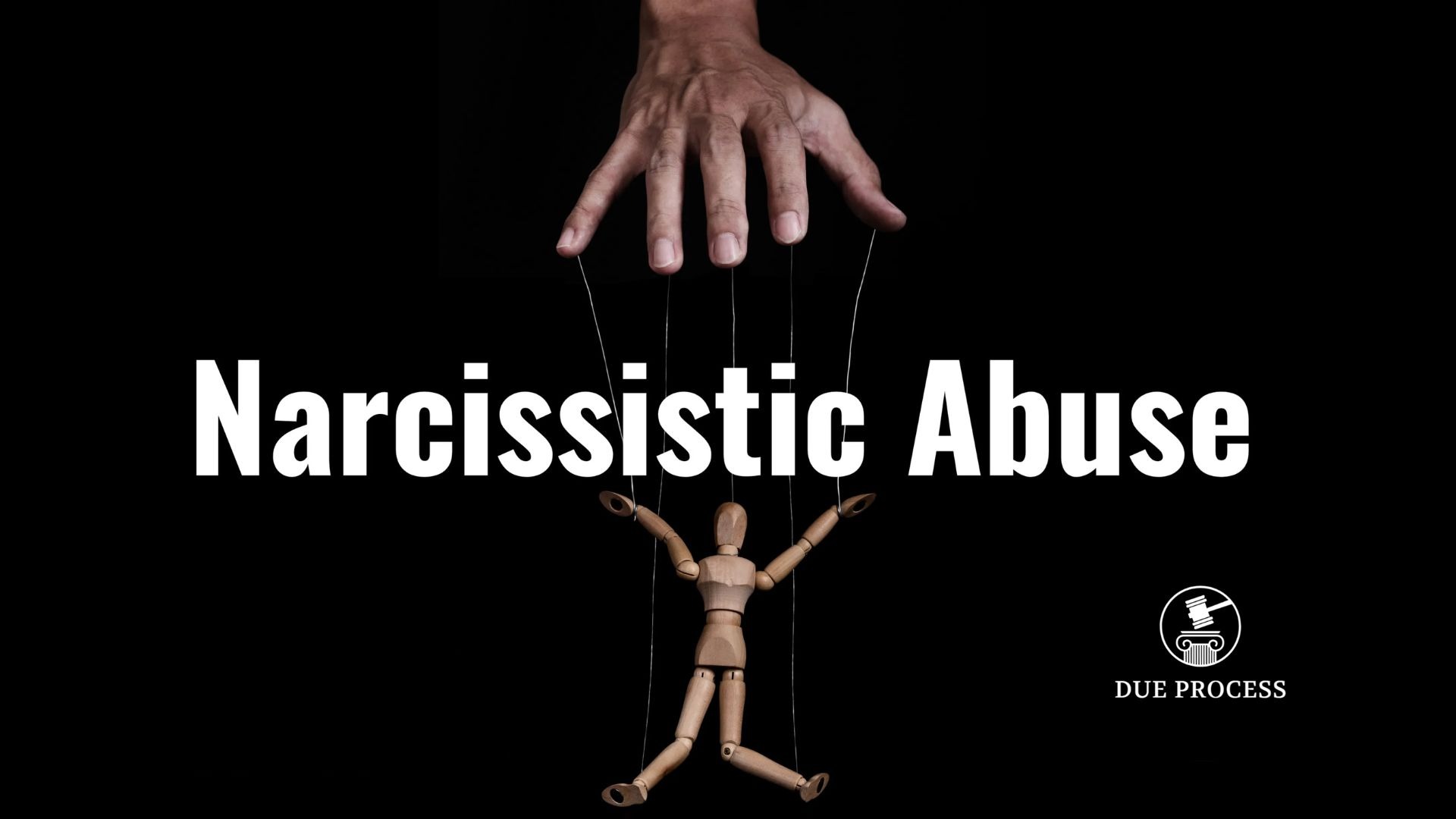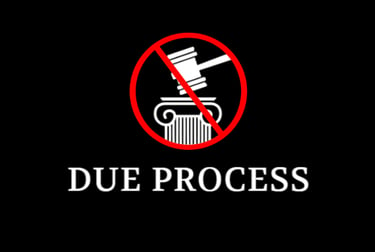
Examples of Narcissistic-Abuse
Withholding: Money, affection, and any semblance of control, such as the day-to-day cost of living responsibilities, daily/outgoing expenses, subsistence, and livelihood. Withholding socially concerning family and friendship by means of isolation in an attempt to punish their victims and keep any other opinions or narratives obscure. Silent treatment is also a frequently visible form of withholding.
Emotional blackmail: These relationships are toxic and chaotic; your own emotions and vulnerabilities will be used against you. When you don’t do what an abuser wants, no matter how absurd, coercion follows in a multitude of forms; they may try to make you feel guilty or fearful. They will use your children against you and cripple you emotionally, playing off the empathy that they themselves lack.
Insults & Malicious gossip: Verbal abuse like name-calling or insults, along with harsh criticism, are ways for those with narcissistic personality disorder to slowly chip away at the victim’s self-esteem. This weakens the victim, leaving them a shell of who they are, creating a more controllable target. They deliberately spread lies about you or your behaviour. Slander, lies, threats, and anything they can conjure up to damage your reputation, which will become more ways to intentionally isolate you from others.
Sabotage: The narcissist may manoeuvre to sabotage your career, relationships, or any other aspect of your life. This can be a way to keep in line, in fear and to strengthen their power over you. For example, some people stay in abusive relationships in fear of never seeing their children again due to a narcissist's ability to sabotage at will.
Accusations: When you’re in a romantic relationship with a narcissistic person, you may be frequently accused of something to put you on the back foot. Accused of lying or even gaslighting. Delusional accusations of cheating or other negative behaviours. Constant accusations may seem harmless at first - if the accuser is eccentric or exhibits wild behaviour, it can be overlooked, but accusations should be considered a real underlying problem, as these are baseless accusations of “nothing” as of now, but soon this character trait may lead to the courtrooms of incompetence, that will not question the accusations. Being wrongfully accused can put you on the defensive, which can help deflect from the behaviours and actions of someone with NPD.
Shell of Person: After years of narcissistic abuse, you may not notice it at first, but it has caused lingering problems. Aspects of your personality are not what they once were; you have become beaten down, more vulnerable in other areas of life, more susceptible to manipulation or scams, more emotionally withdrawn or angered by what has happened, and your awareness of your surroundings has diminished. This constant parasitic nature you have endured brings about a subtle change; relationships going forward will not be the same. It is a critical-thinking dump or an altered version of the way you used to think and behave.
Develop Narcissistic traits: Under the barrage of attacks and harassment, you may develop narcissistic traits yourself. This is survival mode, with the feelings of fighting “fire with fire”, bringing about exposure for the narcissist, for example. Negative feelings arise, and thinking narcissistic in order to defeat them. The constant strategy and anger of the situation or the worry/forebodings of future threats will bring about disorganisation and unawareness of your surroundings, becoming scattered just like the narcissist. This takes up all of your attention and keeps you stuck, ensuring that you cannot move on with your life.
If you react to your partner's unconsciousness, you become unconscious yourself. Nothing tests your spirituality, presence, or ability to pray and remain centred quite like Narcissistic Abuse.
Some honourable mentions:
Problems making sound decisions
PTSD (Post-Traumatic Stress Disorder)
Weakened boundaries
Anxiety and low self-esteem
People-pleasing behaviours
Carelessness or possible self-destructive behaviours
Attachment issues and neediness
Fearful, Paranoid, Reclusive
All rights reserved 2025


